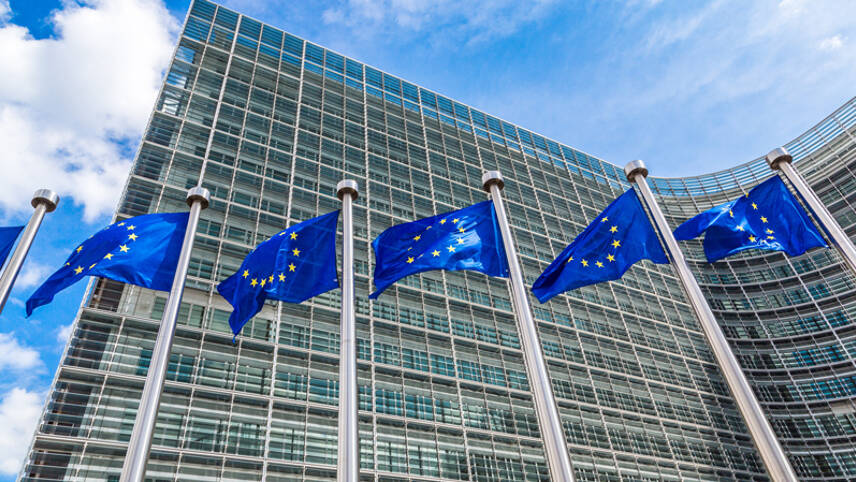Register for free and continue reading
Join our growing army of changemakers and get unlimited access to our premium content

The corporate sustainability due diligence directive was proposed by the European Commission in February 2022 to ensure companies are responsible for human rights and environmental breaches along their value chain.
The proposed legislation would oblige large companies with a turnover of more than €150m and smaller companies active in risk sectors to identify, prevent, and mitigate human rights abuses and environmental violations in their value chain.
The legal affairs committee, which is leading the Parliament’s work on the file, is expected to vote on its report on 25 April. This would allow the Parliament to finalise its position by the end of May and vote on it during the 31 May – 1 June plenary session, to then quickly enter into negotiations with member state governments in the EU Council.
While member states agreed on their common position regarding the due diligence rules in December 2022, the discussions in Parliament have taken longer than expected due to very divergent positions of political groups.
Ahead of the expected vote on the draft report in the last week of April, there will be a last meeting to solve the contentious points in the week before.
However, according to sources close to the negotiations, it is possible that an agreement will not be found, meaning that the committee vote might need to be postponed. The committee vote was already delayed from March to April.
‘Use of products’
According to documents seen by EURACTIV, EU lawmakers have yet to agree whether due diligence obligations should apply to the downstream use of products or whether they should be restricted to the upstream supply chain of companies.
According to activists and civil society organisations, the exclusion of “use” would drastically limit corporate accountability when it comes to human rights or environmental violations.
“This exemption would represent a dangerous oversight […] and shelter some of the worst corporate human rights offenders in Europe” said Amnesty International’s policy advisor Hannah Storey in a statement reacting to early reports on the issue.
In her view, the exemption would be highly problematic when it comes to the use of arms and surveillance equipment.
Business associations, meanwhile, argue that extending due diligence and liability rules to the use of products would place a near-impossible bureaucratic burden on companies.
Access to justice
On civil liability, MEPs are likely to maintain the burden of proof on claimants, despite NGOs’ concerns that the lack of a fairer distribution of the burden of proof might hinder access to justice for victims of human rights and environmental violations.
At the same time, members of the Parliament are still discussing details regarding the limitation period for bringing actions for damages, access to information and support for legal costs.
Financial services caveat
In their common position reached in December, EU countries agreed to leave it up to member states whether they want to include financial services in the scope of the directive.
EU lawmakers, however, are leaning towards the inclusion of the financial sector, including asset managers and institutional investors, in the scope of the directive.
The decision to include finance under mandatory due diligence rules is supported by many civil society organisations, due to the large influence of the financial industry on companies’ behaviour. Moreover, according to NGOs, making due diligence optional for the financial sector, as proposed by member states, would lead to fragmentation across the Union.
If members of the Parliament agree on including the financial sector, they will have to find an agreement with EU governments in the upcoming inter-institutional negotiations.
Silvia Ellena, EurActiv.com
This article first appeared on EurActiv.com, an edie content partner


Please login or Register to leave a comment.